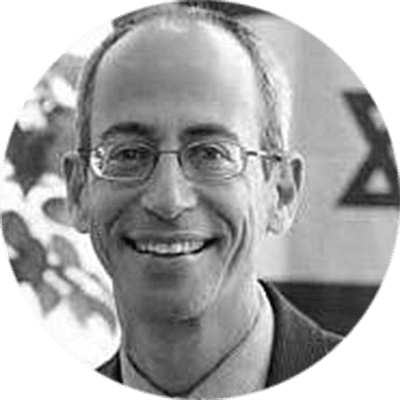Doing Something New with What We Know
Recently, the daughter of one of my relatives showed me her exam on the laws of the mezuzah. The test showed she could cite the relevant sources in the Torah, Talmud, and Codes competently. She definitely “knew her stuff.”
Twenty years ago, Grant Wiggins and Jay McTighe argued that true understanding, however, is the ability to take what one has learned an apply it to a real-life situation. With what they called an authentic assessment, students demonstrate their knowledge and skills by performing a relevant task. They do something new with what they know.
Conventional pen-and-paper tests and authentic assessments each have advantages and disadvantages. The former, a teacher typically hides. The latter, authentic assessments, a teacher can share from the start. Conventional tests are objective, easy to score. Authentic assessments are more time-consuming for the student to complete and for the teacher to evaluate.
Grading tends to be more subjective unless teachers develop well-defined, clear criteria or rubrics. However, an authentic assessment also tends to be more meaningful to students because they are doing work that connects directly to their lives and has a real-world impact or use.
For limudei kodesh teachers willing to take the plunge into authentic assessments, I am sharing an excerpt from a 2012 blog published in Edutopia that provides four key features of an authentic project or assessment. The author, John Larmer, is the Editor in Chief at the Buck Institute. Below are his four criteria:
- The project or assessment meets a real need in the world beyond the classroom, or the products students create are used by real people. Some examples: Students propose designs for a new play area in a neighborhood park. Students create a website for young people about books they like. Students write a guide and produce podcasts for visitors to historic sites. Students develop a conflict resolution plan for their school.
- It focuses on a problem, issue, or topic that’s relevant to students’ lives or an issue that is actually being faced by adults connected to students’ present or future lives. Some examples: Students create multimedia presentations exploring the question, How do we make and lose friends? Students learn physics by investigating the question, Why don’t I fall off my skateboard? Students decide whether the U.S. should intervene in a humanitarian crisis in another country.
- It sets up a scenario that is realistic, even if it’s fictional. Some examples: Students are asked by the Archbishop of Mexico in 1819 to recommend a location for the next mission in California. Students play the role of United Nations advisors to a country that has just overthrown a dictator and needs advice on establishing a democratic government. Students are asked to propose ideas for a new reality TV show that educates viewers about science topics such as evolutionary biology.
- The project involves tools, tasks, standards, and processes used by adults in real settings and by professionals in the workplace. Some examples: The students on the friendship project conduct surveys, analyze data, record video interviews, and use online editing tools to put together their presentations. The students acting as U.N. advisors analyze existing constitutions, write formal reports, and present recommendations to a panel.
It is not too difficult to take these criteria and apply them to limudei kodesh. Thinking back to my young relative who had learned hilchot mezuzah, we could easily create a more authentic assessment that required her to advise a new homeowner which doorways required mezuzot. My hunch is the latter is more likely to happen than someone asking her to explain a “machloket Rishonim.”



Judaism also values learning for its own sake, i.e., for knowledge of Torah and closeness to God. Would you say that’s a level only for advanced students and that younger students learn and respond better to practical Torah and authentic assessments thereof?
I don’t think so, but I think the nature of the experience would change. Novice learners with less access to texts might assess the mezuzot in the school building or homes and why each is (or isn’t) representative of what they learned. More seasoned learners, who are old enough to care about their place in the world, might design houses with 3D printers and evaluate their mezuzah needs, or allow people or establishments in town to let the students evaluate their mezuzot. But the need for authentic learning, and its applicability at some level, is universal.
A very important topic and very well put! יישר כח There is a concept from הילכות הכשרת כלים לפסח that is relevant to the design of authentic testing, you design a test that is aligned with the way your students are taught. Understanding by Design and the Taxonomies of Bloom and Anderson respect the knowledge base of what is important to teach/learn and a test should check the level of mastery of it but teaching should aim to reach all levels of learning and so should the authentic tests reflect it. Larmer wrote about four key features of an authentic… Read more »